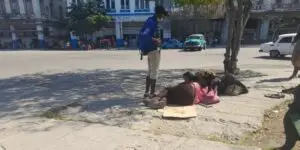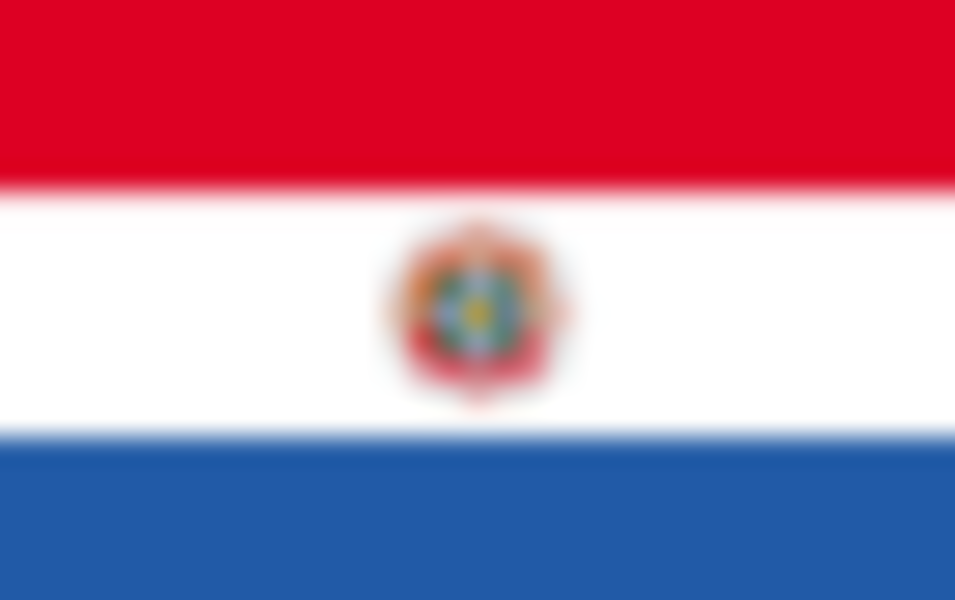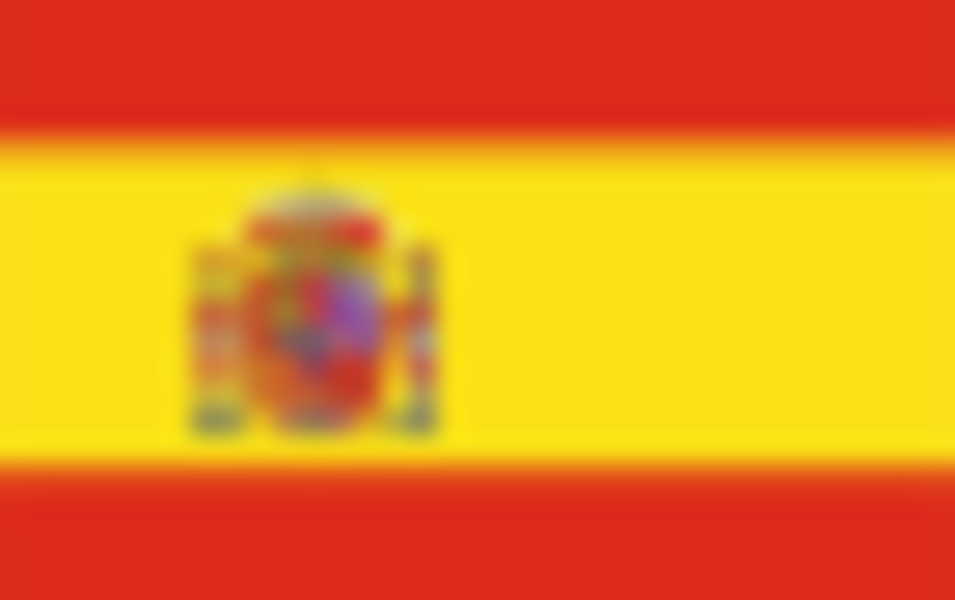HAVANA, Cuba. – This could be titled “The Last Days of a House”, but I already used that title from Dulce María Loynaz to make the story of a building collapse I wrote some years ago for CubaNet more distinguished. This text could also be more elevated if I stated that “A country is like a house”, but I also used that cachet in another text published in this publication where I told the story about a building collapse only two blocks away from where I live.
I still feel that, from among so many building collapses that I have written about for CubaNet to date, “Se derrumbó un pedazo de mi vida” (A part of my life has collapsed) was the saddest and most heartfelt of all. It hurt to write about the collapse of that old 18th-century mansion that first belonged to Havana nobility of the 18th century, and later to a bunch of Cubans, myself included.
Thus, I believe beyond a shadow of a doubt that I should be very accustomed to disasters, deaths and the anguish that goes with these events and that have nothing to do with Nature, those events that have nothing to do with hurricanes, tsunamis, earthquakes or any of the worst forces of Nature, and everything to do with indifference, negligence, poverty and aversion which turn out to be the worst since they cannot be avoided.
The earthquake in Turkey is very painful. It hurts to see those images and to hear the news that reach us on a daily basis, and the countless stories of lost lives and families buried under the debris, and the grief of so many people, and so much more if governments don’t get involved, which is not the case of Turkey. There’s no doubt that the modern world, the most developed countries especially, prepare themselves for these events creating earthquake-resistant structures, but sometimes even prevention is not enough.
We Cubans know a lot about disasters; some are natural disasters, but most are the result of imposition. Hurricanes are second on our list of disasters; first place is occupied by the Communist government, which most of the time is also guilty of the damages caused by natural ones. That’s because here, the slightest wind can cause a catastrophe, and the government is also to blame for not taking care of our housing inventory, which includes buildings erected in the 18th century.
All one has to do is walk around the city to witness the damage. Suffice it to see a building on the verge of collapse, still inhabited by tenants. It will suffice to walk around the city and stop at any of its parks to discover a “beggar” lying down on a park bench, or some old ladies lying down on the sidewalk around Parque de la Fraternidad. And what is happening at other parks? What happens while you are sleeping instead of strolling through a park? How many homeless outdoors or on a park bench to make you think about an enormous disaster? In a government’s disasters?

For many, the greatest inequality between human beings could lie in a lethal illness or in the money in his pocket, but to dwell on the streets and to suffer the desolation and despair of living in the street, must be a condition similar to suffering a lethal illness, to a pot-bellum landscape. And it will be worst if from that asphalt “bed” that homeless individual discovers how countless hotels are being raised, hotels from where someone could throw money at us to see how we kill ourselves trying to grab at least one bill.
A shopping line in Cuba is similar to people fleeing from a burning building. Fleeing Cuba is very similar to the stampede produced by the unexpected cracking of a wall or dust falling from the ceiling. We Cubans endure frightening weather events that are devastating most of the time, especially because of the worn-out condition of housing that makes it vulnerable to collapsing at the most discreet wind storm, but most of all because of the government’s indifference that grants privilege to the construction of luxury hotels at the expense of neglecting the Cuban people.
In Cuba, it’s news when the government restores the damaged home of a disaster victim, but nothing is said about the filth in which Cubans must live; the rats that run freely everywhere, the cockroaches. The inequalities that abound in our cities have not managed to find even one single Pied Piper. Turney suffered an earthquake, but Cuba suffers from a lethal illness that is none other than the inability of Cubans to fulfill their potential and the despair that comes from intuiting death, living death, even to die while living.
Our fate requires a certain order, but it seems that we Cubans were not granted that order; it was not granted to those of us whose destiny was warped because Divine Providence forgot about us, that unfortunate destiny of the last 60 years. Many Cubans believe that it’s about a fate imposed by some underworld being whose details we accept with the utmost conformity. One only needs to look at Cuba to notice the appearance that makes us believe that Cuba suffered devastating earthquakes, tsunamis and anything beyond the usual hurricanes.
We already witnessed the collapse of a balcony that killed three little girls, and many other building collapses. The city, among the most beautiful cities in the world, is today in ruins, and its inhabitants look as if they had suffered an earthquake, by one of those tremors caused by waves that move and create faults along the surface. It is said that Satan dwells below the ground, and that could explain the earthquakes, but I am inclined to think that Satan dwells under us, in an unknown place they call “Punto Cero” from where a constant and enormous destruction rises, and which we endure.
ARTÍCULO DE OPINIÓN
Las opiniones expresadas en este artículo son de exclusiva responsabilidad de quien las emite y no necesariamente representan la opinión de CubaNet.
Recibe la información de CubaNet en tu celular a través de WhatsApp. Envíanos un mensaje con la palabra “CUBA” al teléfono +1 (786) 316-2072, también puedes suscribirte a nuestro boletín electrónico dando click aquí.
Fuente Cubanet.org




 Argentina
Argentina USA
USA Paraguay
Paraguay España
España Israel
Israel
















